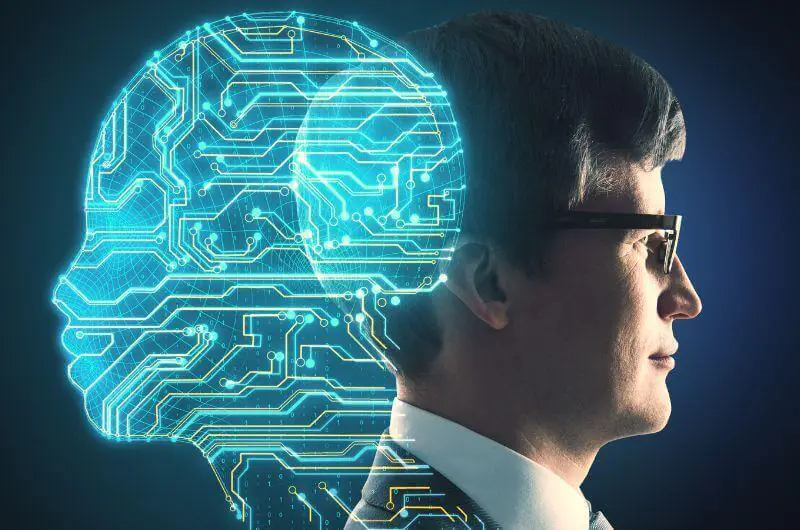How will AI shape the future of logistics and transport?
Technologies and AI (Artificial Intelligence) are constantly evolving and the world of logistics and transport is no different. As the industry adapts to new technologies, there is already newer and more modern ones.
The development of technologies, especially AI, is unbelievably fast and it doesn’t look like it will slow down any time soon. This being said, can robots and artificial intelligence fully replace human workers in companies?

Source: www.bookstr.com
As some experts state, AI doesn’t necessarily need to substitute human workers. The thought of only robots or AI dominating the workplace is not their perception of the future.
However, their vision of how the workplace is going to look is that AI and people will work together and support each other. They think that humans will use AI to focus and reach higher goals thanks to it. However, many people are still afraid of losing their jobs completely to AI and robots. Some, more than others.
According to a survey carried out by CNBC and SurveyMonkey Workplace Happiness, those most scared of losing their jobs are people aged between 18 and 24. 37% of them think that new and advanced technologies are going to eliminate their jobs and opportunities.
The second demographical group most afraid of robots and AI replacing them are people aged between 25-34 years old with 28% of them thinking this. Younger people are more likely to believe their jobs are in danger as they understand the potential of technology and its evolution more than older generations.
However, if we take a look at the issue from a different angle, we get another interesting fact worth considering. The fear is greater among people who work in certain industries. Specifically speaking, the most endangered feeling workers are workers in business support, logistics, automotive, and transport.
Even 42% of people employed in business support and logistics are worried more about being replaced by technologies.. This is no surprise, because according to an analysis by McKinsey & Company, about 65% of the workload performed in logistics by people can be entrusted to machines. That raises an important question for these industries: how to deal with the evolving technology and not lose jobs?
People are afraid of being unemployed by AI and robots because they already see it happening with autonomous self-driving trucks. As most of the traffic accidents on the road are the driver’s fault, the safe replacement of truck drivers will be natural in the coming years.
Not only in transport can we see AI becoming more and more essential. Robots are rapidly replacing workers in warehouses and the trend is about to rise. For example, the warehouse in Andover, an online grocery store Ocado, is entirely operated by robots. They sort, lift, and move the groceries.
AI is also heavily used in this exact warehouse. It evaluates what products are being ordered the most. Those products are then moved by robots to the nearest places for them.
This is only a small peek at how AI and technology are going to influence the future of not only logistics but also other industries. However, it doesn’t have to mean only worrying about your job or even losing it. As we mentioned earlier, technology and humans are likely to cooperate. Not only in the future, but also today.
In logistics, innovations can bring many benefits. Some of them are already used by many companies. Furthermore, the biggest game changer will be AI’s ability to forecast and thus plan the most efficient transport. Thanks to its analysis, AI would plan the best delivery route or predict demand. Even today, you can use new technologies that help you optimize your logistics.
With loading software such as EasyCargo, you can optimize the loadings of trucks and make the most efficient delivery. With loading software, logistics can reach the full potential of the truck, save the load planner’s time, and save the company money.




